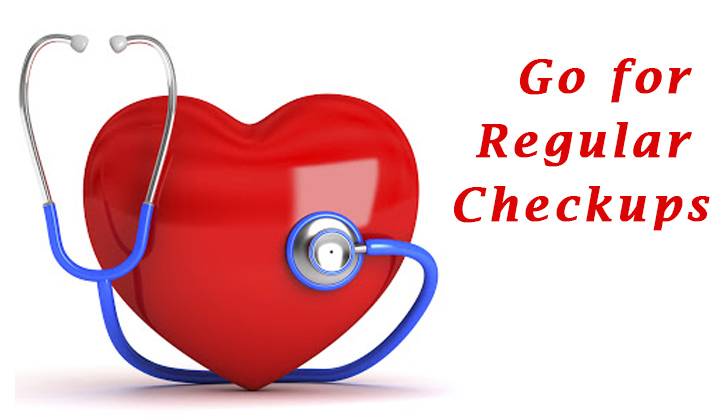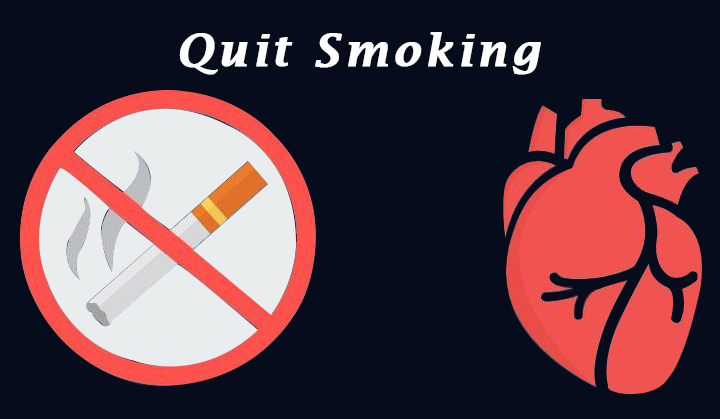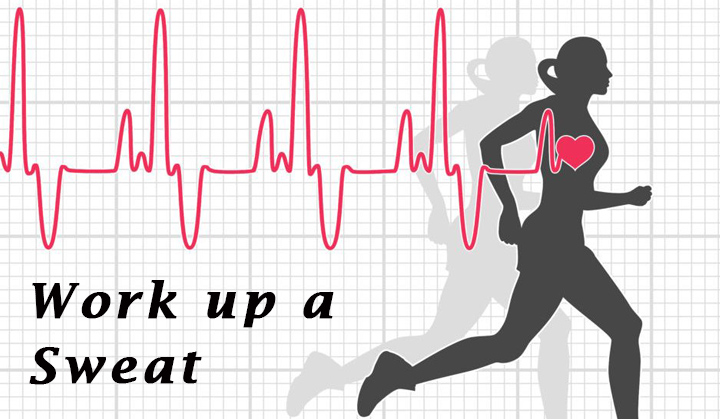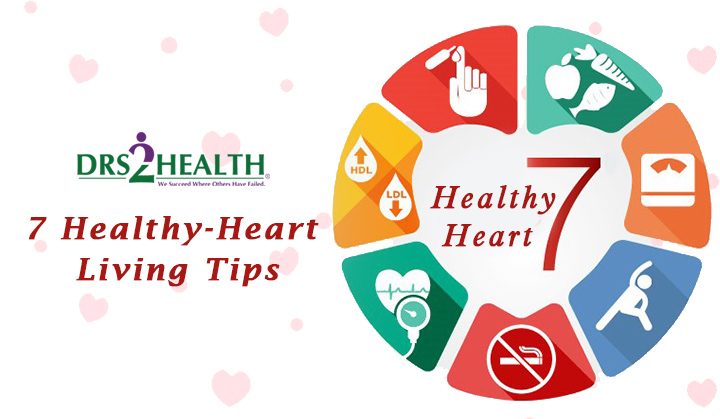You might not give it much thought throughout the day, but your heart is working around the clock for you. Your heart is the most important muscle in your body because it pumps blood and oxygen to all of your organs.
When your heart doesn’t get the care it needs, serious problems can develop in the lining of the arteries, which then lead to plaque formation. Plaque is what leads to heart attacks and blockage of blood flow in the arteries. Understand the conditions that affect your heart and the habits that can help prevent or manage them. Taking action will help you keep your ticker in top shape.
Heart-Healthy Living
What can I do in my daily life to lower my risk of heart disease?
Even when you have several risk factors for heart disease, there are things you can do to improve your chances of avoiding it. Here are some steps you can take:
1.Go for Regular Checkups:

At least once a year, get a physical to make sure you haven’t developed any conditions that would put you at risk for heart disease, and to make sure you are controlling any conditions you already have.
2.Keep Tabs on your Blood Pressure and Cholesterol:
If you’re getting regular checkups, your doctor can help you track this, but you can also use a home blood pressure device or a blood pressure machine in a pharmacy. Your pharmacist can also check your blood pressure.
3.Manage your Diabetes:
If you have diabetes, make sure you’re closely watching your blood sugar levels, eating well, and exercising.
4.Don’t Skip Your Medications:

If you’re taking medications for blood pressure, cholesterol, or diabetes, take them as directed. If you’re having unpleasant side effects, don’t stop taking them. Instead, ask about other options.
5.Quit Smoking:

Smoking causes your risk of heart attack to rise sharply, but one year after quitting your risk is cut in half and continues to go down as you stay smoke-free.
6.Get your Weight Down to a Healthy Level:
Having excess weight makes you more likely to have high blood pressure, high cholesterol, and diabetes, and raises your risk for heart disease. If you have weight to lose, set a goal of taking off about 10 percent, which can go a long way toward lowering your risk.
7.Work up a Sweat:

Exercising at a moderate intensity for at least 30 minutes most days of the week also helps protect your heart.



Leave a comment